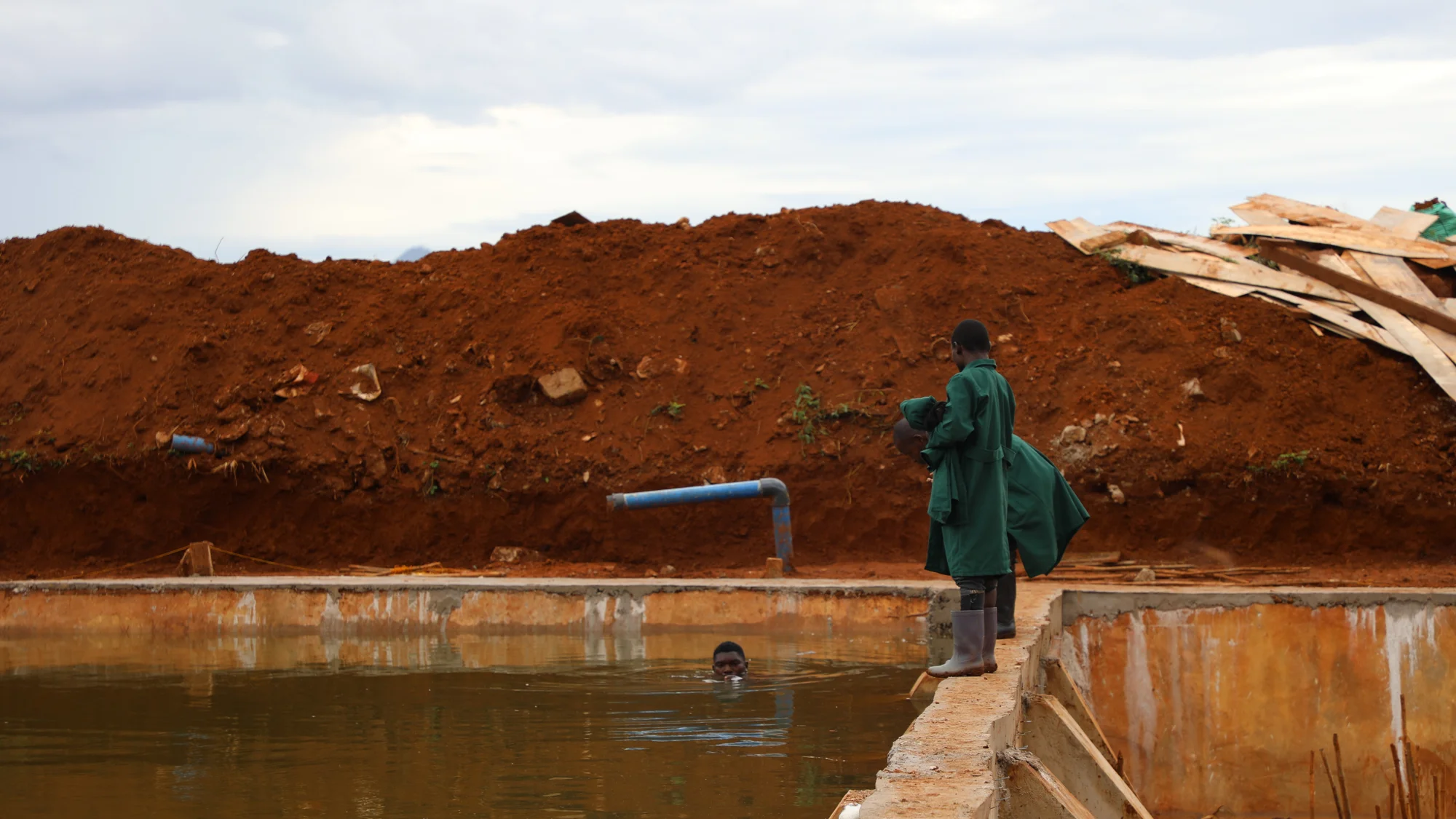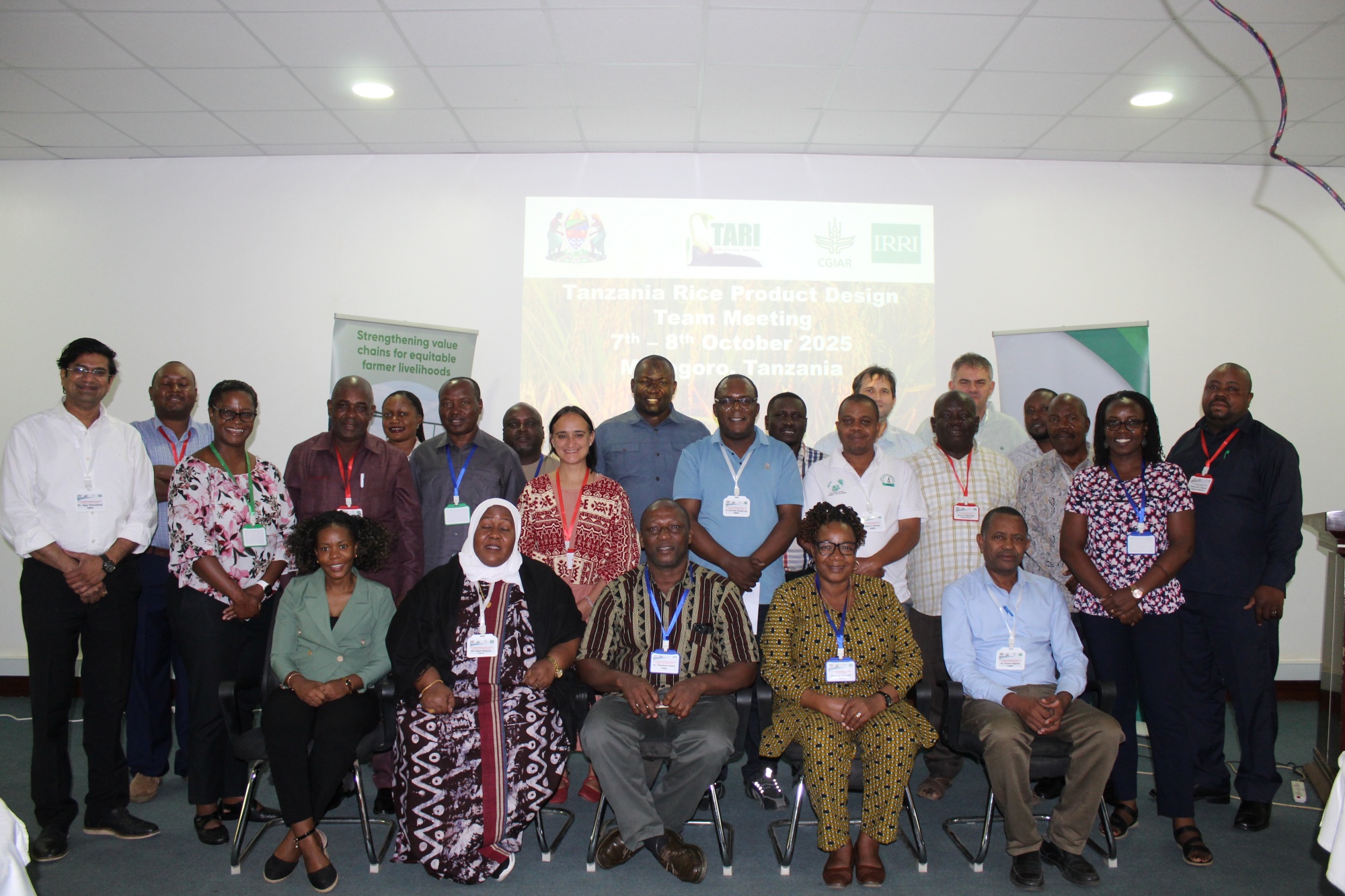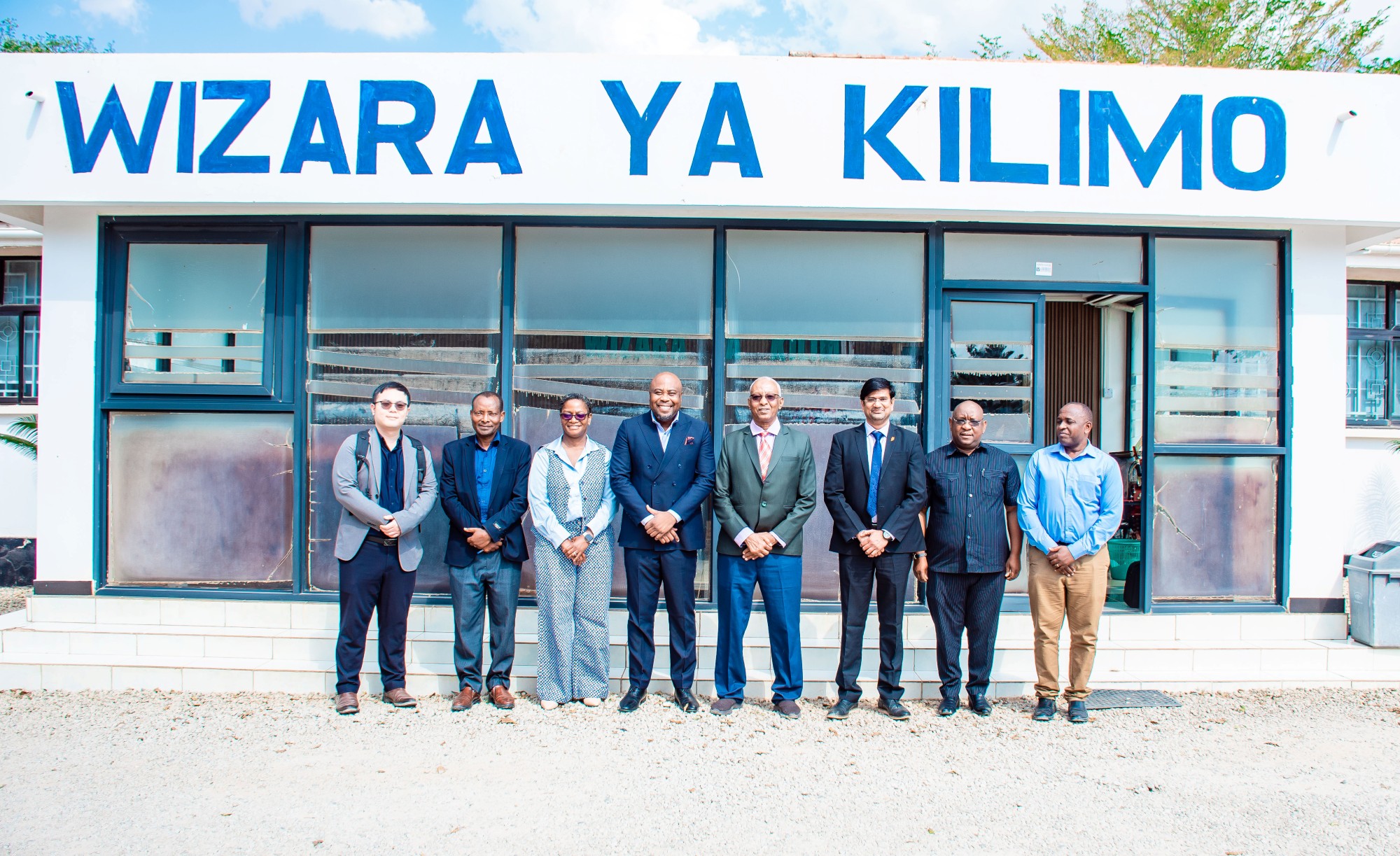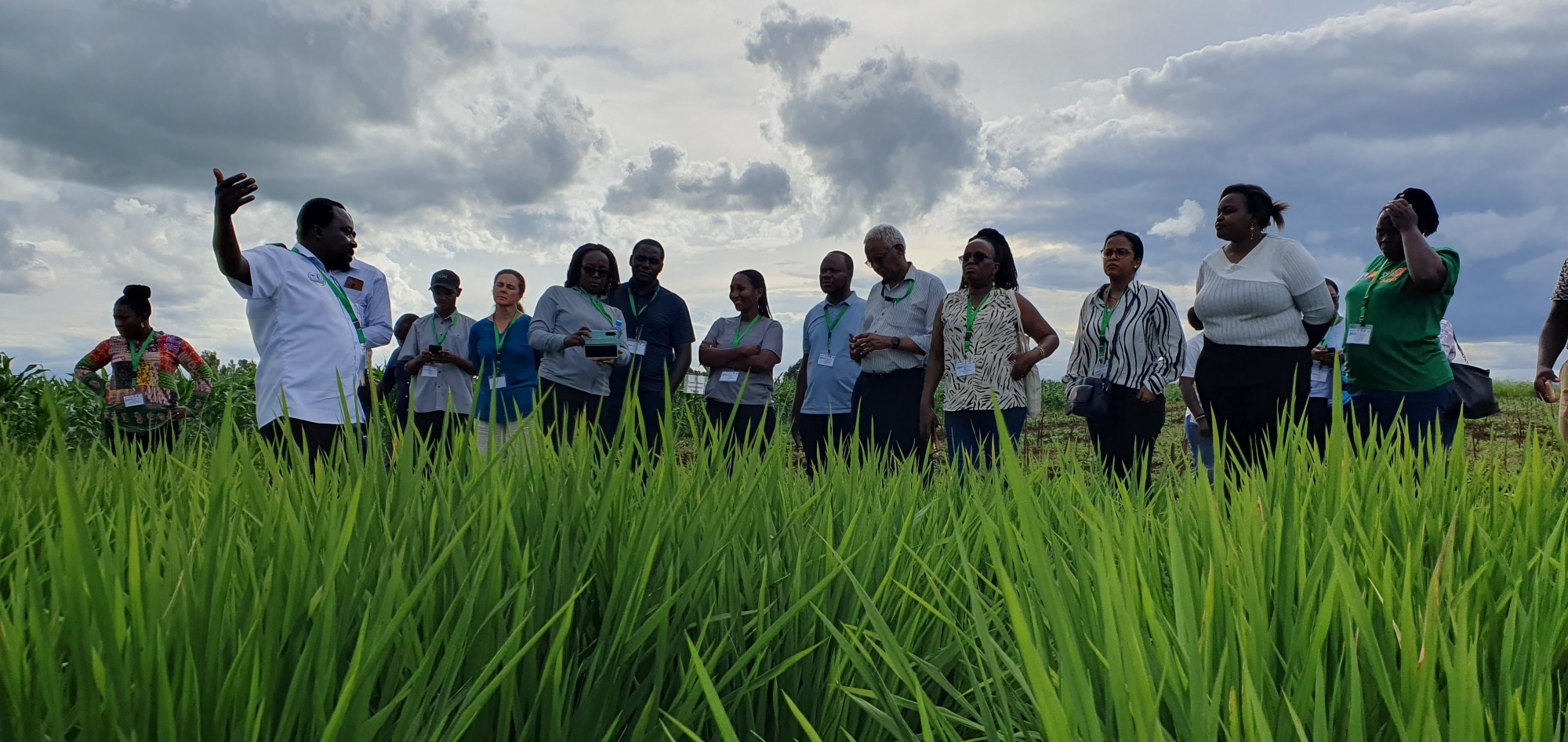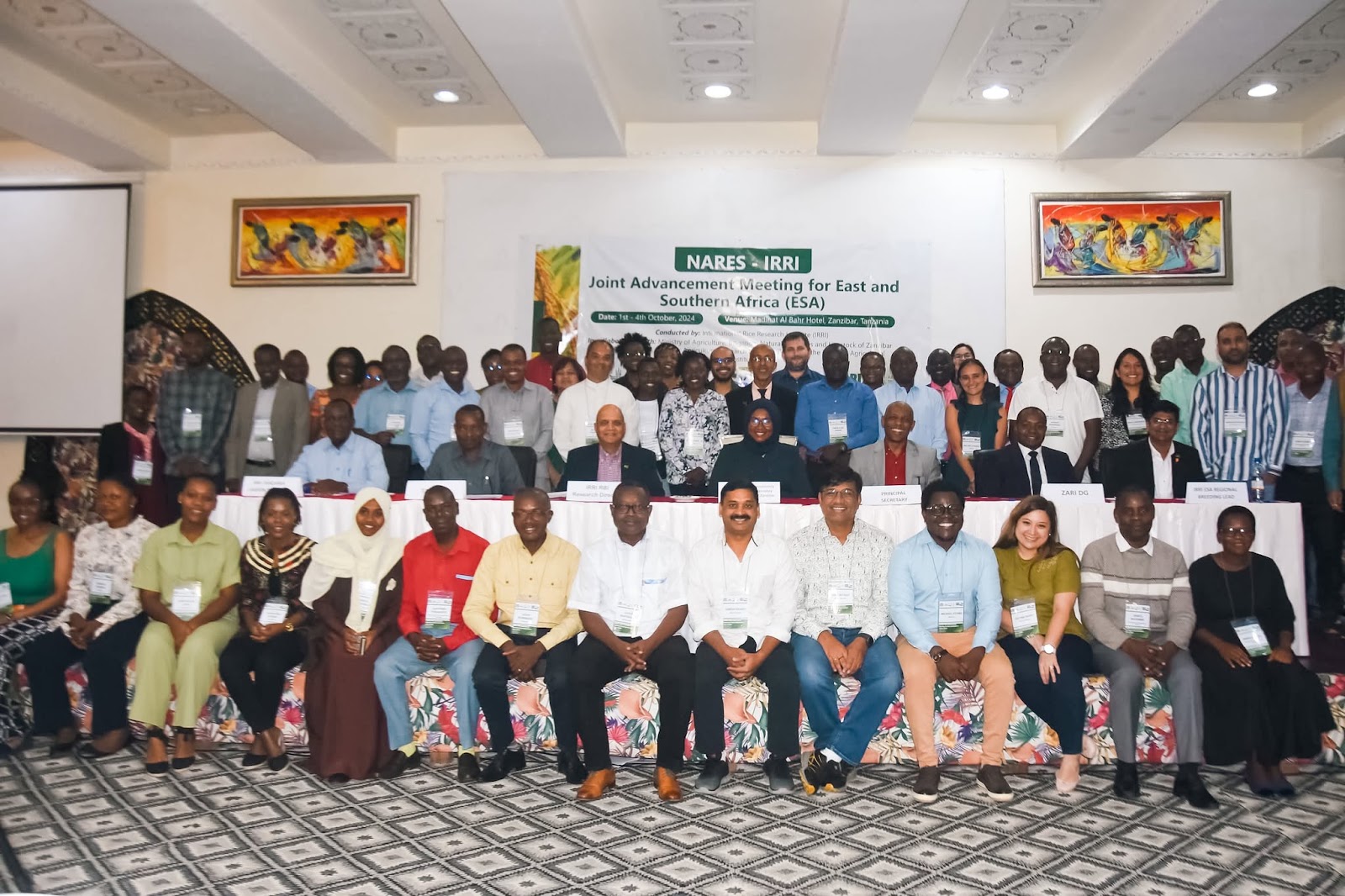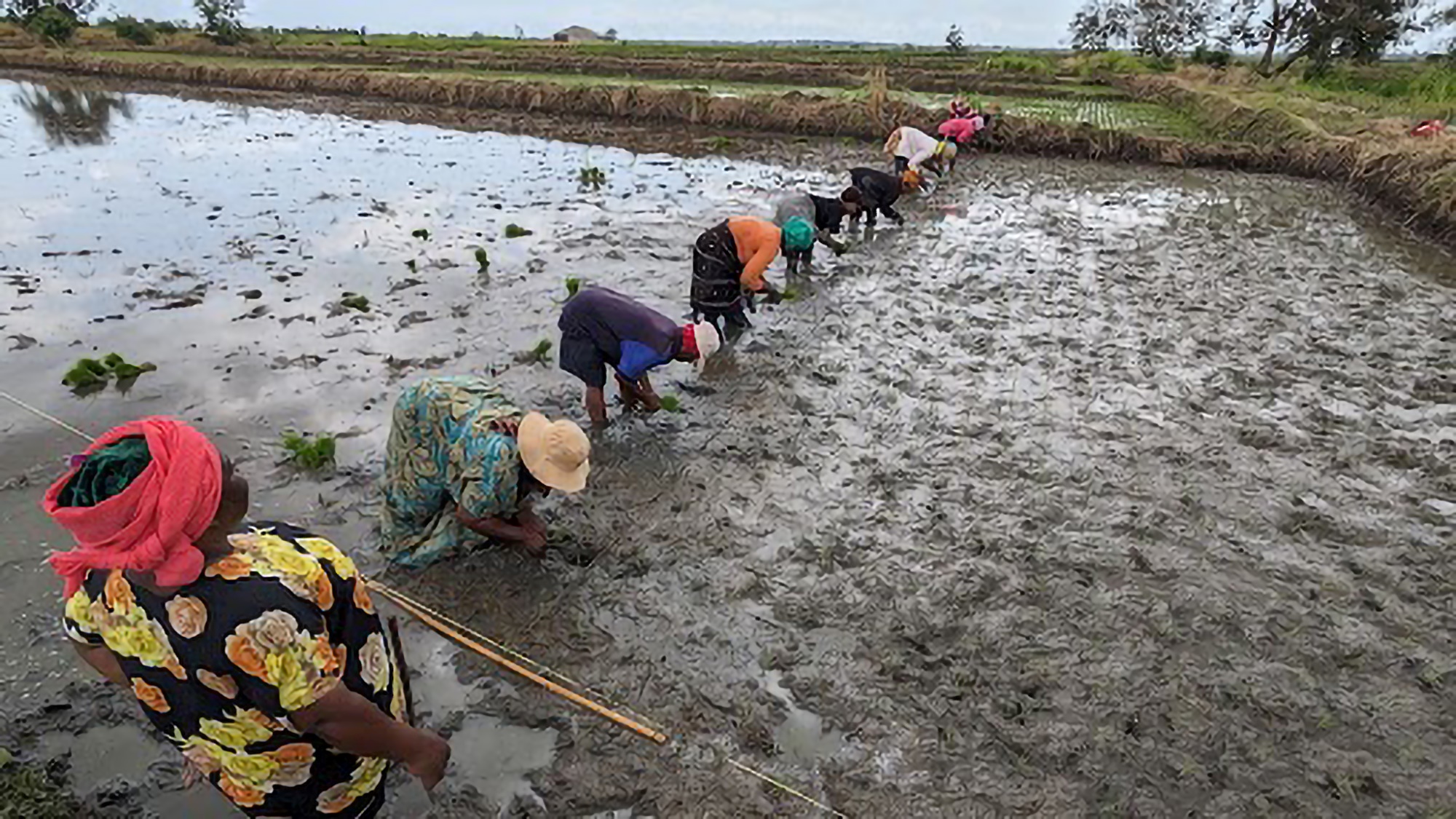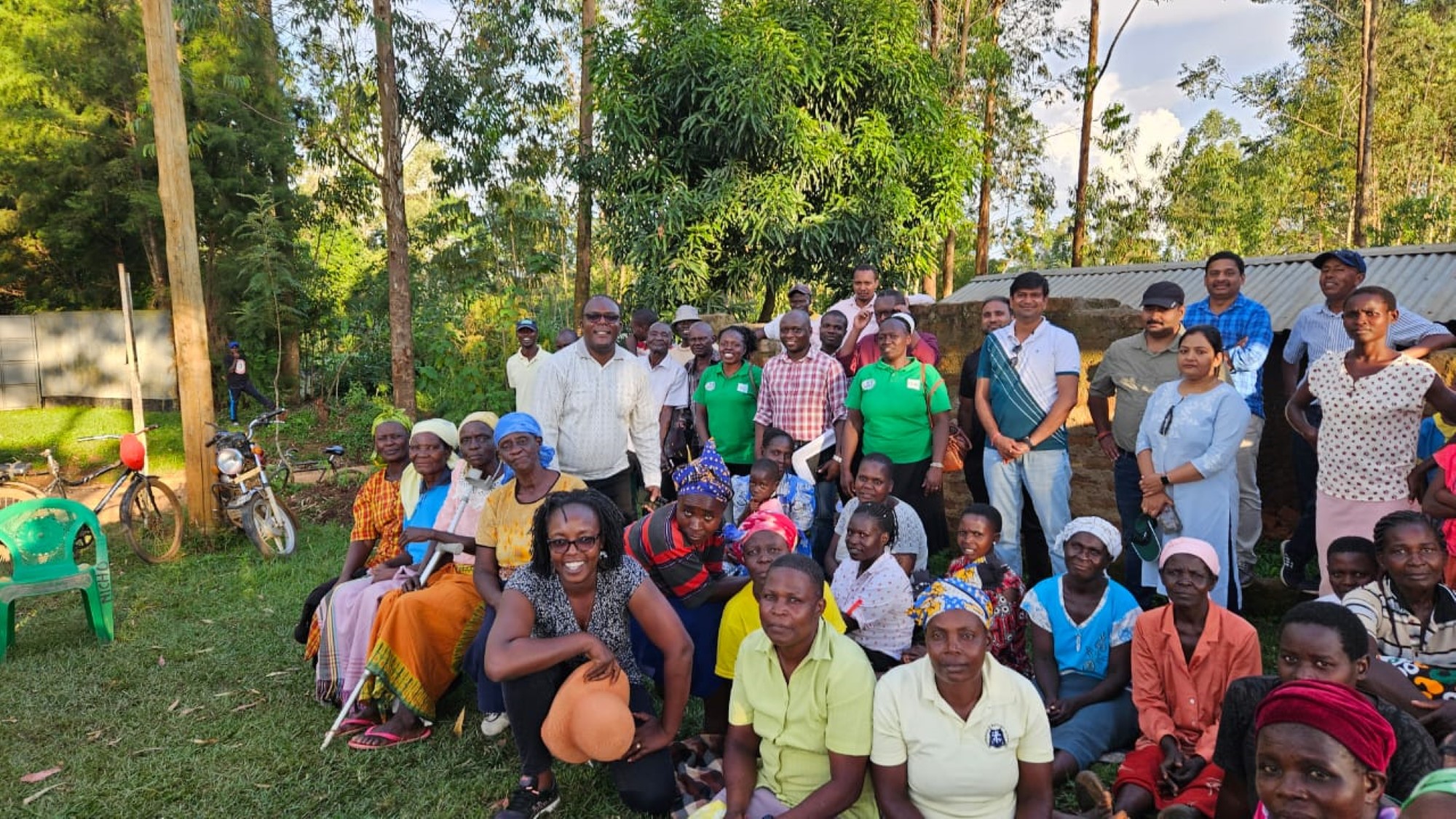Overview
Tanzania is located within the African Great Lakes region which is known for its large freshwater lakes which are home to a large portion of country’s biodiversity. Rice is an immensely important crop for the country’s food and nutrition security, as well as socioeconomic development which is why the Government of Tanzania positioned it as a strategic crop.
Domestic consumption has increased at an average of 2.1 million metric tons annually due to raising income and urbanization which has also driven dietary shifts in the country. About 70% of the rice in the country is produced in 6 regions namely Shinyanga, Tabora, Mwanza, Mbeya, Rukwa, and Morogoro. As a leading rice producer in Africa, Tanzania produced estimated at 3 million metric tons which meets their domestic demands turning them into a rice self-sufficient nation.
Majority of Tanzania’s rice farmers are smallholders, with more women (about 80%) being involved in agriculture compared to 70% for men. Women are highly involved in multiple stages of rice production from planting, weeding, harvesting, up to trading while men are commonly responsible during land preparation.
Multiple opportunities for rice value chain development exist in the country. IRRI is collaborating with the public and private sector to support the development of seed systems in Tanzania. Local companies are enabled by building their capacities on quality seed production and linking them to markets. However, there is still a need for improved rice seed varieties that are resilient to drought, major pests and diseases, and flooding.
To ensure that improved rice varieties are adopted by farmers, millers, traders, and consumers, IRRI ensures the integration of market intelligence into the breeding process. There is also a need to optimize agronomic management practices to realize the potential of improved varieties. Additionally, adoption of labor saving, harvest and post-harvest technologies can reduce drudgery, especially for women farmers, and reduce quantity and quality losses, to make Tanzania rice competitive.
There are also existing formal institutions that provide support to irrigation (National Irrigation Commission) and mechanization (Center for Agricultural Mechanization and Rural Technology). Institutions like them help farmers gain access to improved input and technologies as well as modern irrigation technologies.
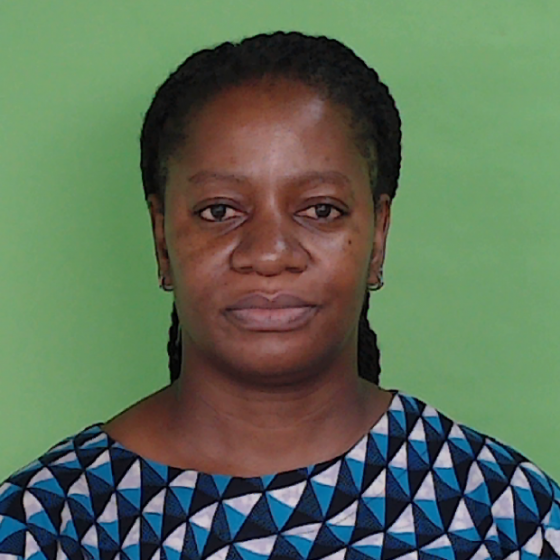
Pauline Chivenge
IRRI Country Representative for Tanzania
Office Address
International Rice Research Institute (IRRI)
C/o International Institute of Tropical Agriculture (IITA)
P.O Box 34441
Mwenge, Coca cola Road
Dar es Salaam
Tanzania
Telephone Number: +25522270009
